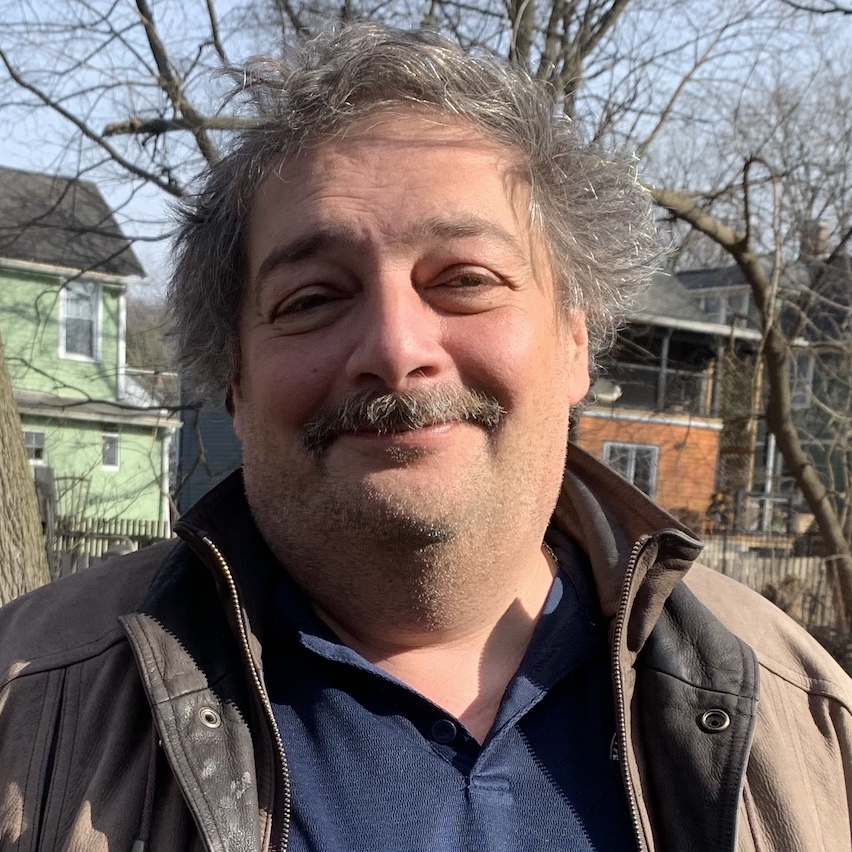Scholar in Exile
The Humanities Center at the University of Rochester is committed to supporting scholars and public intellectuals whose ideas and humanistic values have put them in the crosshairs of political conflict and/or forced them into exile. We work with the appropriate departments at the University to contribute to the financial support for short-term appointments of scholars meeting these criteria.
Call for Applications
The Scholar in Exile Program at the Humanities Center of the University of Rochester (Rochester, NY) invites applications for the academic years 2025 - 2027 from scholars and public intellectuals whose ideas, research, and/or civic engagement put them in the crosshairs of political conflict, forcing them into exile or delegitimizing their research or creative work in their home country. We extend this invitation particularly to scholars and public intellectuals from Gaza and the West Bank.
We offer the accepted candidate a two-year term appointment (starting September 2025 and ending June 2027) at the University of Rochester to allow them to continue work on a project of their choosing in a safe and supportive interdisciplinary academic environment.
The terms of the appointment will be negotiated with the applicant, but typically include salary, healthcare insurance, a requirement to offer undergraduate level courses at the appropriate department (2 courses per semester), modest research funds, and an office space. The resident Scholar in Exile is also expected to give a public talk and a work-in-progress seminar at the Humanities Center and be otherwise engage with the intellectual and public life at the University.
To apply, please submit the items listed below:
· a cover letter that explains why you are applying to the Scholar in Exile Program. In the letter, please state the current circumstances of your exile or at-risk status.
· a curriculum vitae that indicates your degree, prior positions held, and your publications.
· three sample publications (articles, book chapters, or other creative work).
· a three-page (double-spaced) description of the project you would plan to work on while at the University of Rochester. Explain how being hosted by the University of Rochester will benefit your project.
Submit your application to Peter Christensen at peter.christensen@rochester.edu
Your application will then be reviewed in strict confidence by a small subcommittee.
Previous Scholars
September-December 2025
 Shohreh Laici
Shohreh Laici
Shohreh Laici (born in 1986) is an Iranian essayist and literary translator who lives in exile in the U.S. Her work has appeared in a range of literary journals and magazines, including World Literature Today, The Brooklyn Rail, Democracy for The Arab World, The Millions, Michigan Quarterly Review, Asheville Poetry Review, Two Lines, and Poetry Daily. Laici’s research and writing depict the impact and influence of American art and literature on the young generation in post-1979 Islamic revolutionary Iran.
My Room in Tehran Is Called America is a forthcoming memoir and documentary that details Laici’s struggles for freedom of expression under threat of being jailed or worse for her writing and activism within Iran before and after the “Woman, Life, Freedom” movement as a key source for PEN America, throughout her four-year immigration journey and inter-religious marriage considered invalid under Sharia Law in Iran for a Muslim woman, and also posits her reflections and eventual landing stateside in the United States amid a second Muslim ban and 12 Day War, where freedoms’ costs and its reality are often interwoven between the stark realities of growing authoritarianism throughout the world, a love for American literature, Tehran’s nightlife, religious fascism, a vow for female autonomy, and a dream for what America could be from within the Islamic Republic.
January 2024-May 2025
 Dmitry Bykov
Dmitry Bykov
Poet, satirist, literary critic, novelist, and media personality Dmitry Bykov is one of Russia’s best-known public intellectuals. He has authored more than 70 books, including novels, poetry, biographies, and literary criticism.
Known for his wit, he is a popular lecturer and public speaker and has served as the host of numerous television and radio programs.
He is also an outspoken critic of Russian president Vladimir Putin. In April 2019, he fell ill while on an airplane flight and spent five days in a coma. An investigation by the news organization Bellingcat found that the symptoms were very similar to those suffered by opposition politician Alexei Navalny and that the same government agents who poisoned Navalny had also been following him.
He remained in Russia after the incident, but he has been banned from teaching at universities there or appearing on state radio or television.
Bykov says he would rather be known for his writing and teaching than for his poisoning or politics. He is a four-time winner of the International Award in the Field of Fantastic Literature, a three-time winner of the Fiction International Assembly Award, and a three-time winner of the Bolshaya Kniga (Big Book) award, one of Russia’s most prestigious literary prizes. He has held teaching positions at Princeton and UCLA as well as at universities in Russia.
